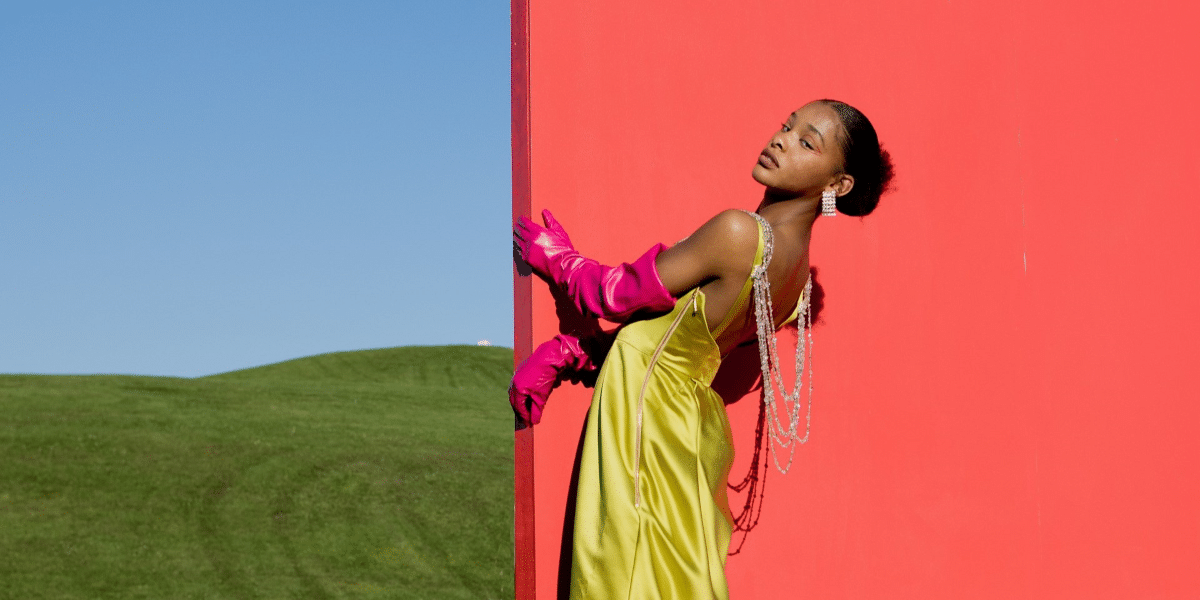Dave Paul: The Unlikely Journey from Mobile DJ to Hip-Hop Innovator
In the early 1980s, when hip-hop was still carving out its place in the music world, a young man named Dave Paul was just getting started on what would become an extraordinary journey. Armed with nothing but a pair of turntables, a deep love for music, and a relentless work ethic, Paul would go on to become a pivotal figure in the hip-hop industry, helping to shape the genre’s trajectory in ways few could have predicted.
Humble Beginnings: A Passion for Music
Dave Paul didn’t set out to change the music industry; he simply wanted to share the sounds he loved. In 1984, as a mobile DJ, Paul lugged heavy equipment to local events around San Francisco, spinning records at parties and gatherings. It was a grind—one that required long hours, physical labor, and constant hustle. However, for Paul, the reward was in the music and the connection he made with the crowd.
These early experiences were crucial in shaping his approach to DJing. Paul learned how to read a room, how to keep the energy up, and how to create an unforgettable atmosphere. His reputation grew, and with it, his ambition.
Breaking New Ground: College Radio and the Rise of Hip-Hop
The late 1980s were a turning point for Paul. His love for hip-hop, a genre still emerging from the underground, led him to college radio. At KCSF in San Francisco, he began hosting “Beat Box Fridays,” a show that quickly became a staple for hip-hop fans in the Bay Area. Paul wasn’t just playing music; he was curating a cultural movement, giving airplay to artists who were pushing the boundaries of the genre.
“Beat Box Fridays” was more than just a radio show—it was a platform that helped launch the careers of many hip-hop artists. Paul’s ability to spot talent and his willingness to support the underground scene earned him respect and admiration within the community. But even as his influence grew, Paul remained grounded, focused on his love for the music rather than the fame that came with it.
The Creation of The Bomb Hip-Hop Magazine
In 1991, with a desire to do more for the hip-hop community, Dave Paul founded The Bomb Hip-Hop Magazine. What started as a black-and-white ‘zine quickly became a significant publication that covered all four elements of hip-hop—DJing, MCing, graffiti, and breakdancing.
The magazine became a voice for the underground, offering in-depth articles, interviews, and features that weren’t found in mainstream publications.
Running The Bomb wasn’t easy. It required long hours, financial sacrifice, and a deep commitment to the culture. But for Paul, it was all worth it. The magazine wasn’t just a business; it was a mission to elevate hip-hop and ensure that it was represented authentically.
Transitioning to a Record Label: A Bold Move
As the magazine gained traction, Paul saw an opportunity to take things even further. In 1995, he transformed The Bomb Hip-Hop Magazine into a record label, a move that would forever change his career and the hip-hop landscape. The label’s focus was on DJs and turntablism, celebrating the art form at a time when it was often overshadowed by MCs.
The Bomb Hip-Hop label became known for its innovative releases, particularly the “Return of the DJ” series, which helped revive the role of the DJ in hip-hop. Paul’s ability to see the potential in this niche was a testament to his vision and understanding of the culture. The series didn’t just sell records; it influenced an entire generation of DJs and producers, re-establishing the importance of the turntable in hip-hop music.
Challenges and Triumphs: The Reality of Independence
The journey from magazine founder to record label owner wasn’t without its challenges. Paul had to navigate the complex and often cutthroat music industry, all while maintaining his independence. There were times when the financial pressures were immense, and the path forward wasn’t always clear. Yet, through it all, Paul remained committed to his vision.
One of the label’s biggest successes came when Spin Magazine ranked the “Return of the DJ” series among the top albums of the 90s. This recognition was a major milestone for Paul and a validation of his efforts to push the boundaries of hip-hop. It was proof that independent artists and labels could make a significant impact, even without the backing of major corporations.
A Vision for the Future: Continuing to Innovate
Today, Dave Paul is a respected figure in the hip-hop world, but he hasn’t rested on his laurels. He continues to innovate, producing and DJing retro-themed parties that celebrate the music of the 80s and 90s. His events, such as “The Prince and Michael Experience,” have become legendary, drawing fans from all over the country.
Looking to the future, Paul remains focused on supporting the culture that has given him so much. He believes in the power of music to bring people together, and he’s committed to ensuring that hip-hop continues to evolve while staying true to its roots.
Conclusion: A Legacy of Influence and Innovation
Dave Paul’s journey from a mobile DJ to a hip-hop pioneer is a story of passion, persistence, and a deep love for the culture. His influence on the genre is undeniable, from his early days of spinning records at local parties to his work in radio, publishing, and music production. Through it all, Paul has remained true to himself and the music he loves, leaving a legacy that will inspire future generations of artists, DJs, and entrepreneurs.
Published by: Nelly Chavez












